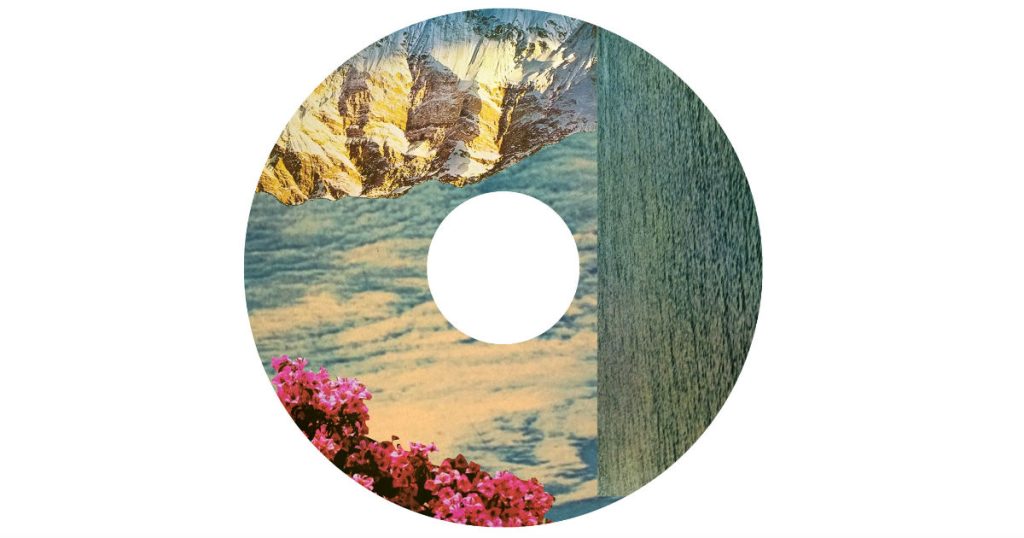Good and Wise Friends, do not listen to me explain emptiness, and then become attached to emptiness. Above all, do not cling to emptiness. If you meditate with a vacant mind, you will become fixated on a blank emptiness.
Good and Wise Friends, the emptiness of the physical universe can embrace the shapes and forms of the myriad things: the sun, moon, and stars; the mountains, rivers, and the whole earth; the fountains, springs, streams, and torrents; the grasses, trees, thickets, and woods; good and bad people, good and bad dharmas, the heavens and the hells, all the great seas, and the entirety of Mount Sumeru and all mountains—empty space contains them all. The emptiness of people’s nature is the same.
Good and Wise Friends, our own essential nature is able to contain the “ten thousand things”—this is “great.” The myriad dharmas, absolutely everything, are within the nature of all people. If you can regard all people, the bad as well as the good, without grasping or rejecting, free of any clinging, your mind will be like empty space. Thus, it can be called “great,” maha.
Good and Wise Friends, confused people only mouth the words; wise people actually practice with their minds. Moreover, there are deluded people who empty their minds while sitting in quietude, without thinking anything whatsoever, and declare this “great.” It is worthless to talk with such people, because theirs is a wrong view.
Good and Wise Friends, the capacity of the mind is great and far-reaching; it encompasses the dharma realm. When functioning, it is clear and distinct, discerning and responsive. It knows all. All is the one [the mind]; and the one [mind] is all. Things naturally come and go, but the essence of the mind is unimpeded. That is prajna [wisdom].
Good and Wise Friends, prajna wisdom comes from one’s own essential nature: it does not come from outside. Do not make the mistake of using will and intellect. It is called “The natural workings of the true nature.” When the self-nature is true, everything else is true.
The mind has the capacity for great things; it is not meant to behave in petty ways. Do not talk about emptiness all day long, but fail to cultivate it in your minds. That would be like a commoner proclaiming himself the king of the country. How absurd; this could never be! Such people are not my disciples.
Good and Wise Friends, what is prajna? In our language, prajna means wisdom. In every place and in every moment, in thought after thought, never becoming muddled and constantly acting wisely—just this is practicing prajna.
With one deluded thought, prajna is cut off. With one wise thought, prajna springs to life. Ordinary people, muddled and confused, fail to recognize prajna. Their mouths talk about prajna, but their minds remain confused. They are forever saying, “I cultivate prajna!,” and though they talk on and on about emptiness, they have no idea of its true meaning. Prajna has no shape or form; it is only the mind of wisdom. If you understand it in this way, just this is prajna wisdom.
♦
From The Sixth Patriarch’s Dharma Jewel Platform Sutra with commentary by Tripitaka Master Hsuan Hua, edited by Dr. Martin Verhoeven and Rev. Heng Sure. Published with permission of the Buddhist Text Translation Society.
Thank you for subscribing to Tricycle! As a nonprofit, we depend on readers like you to keep Buddhist teachings and practices widely available.
